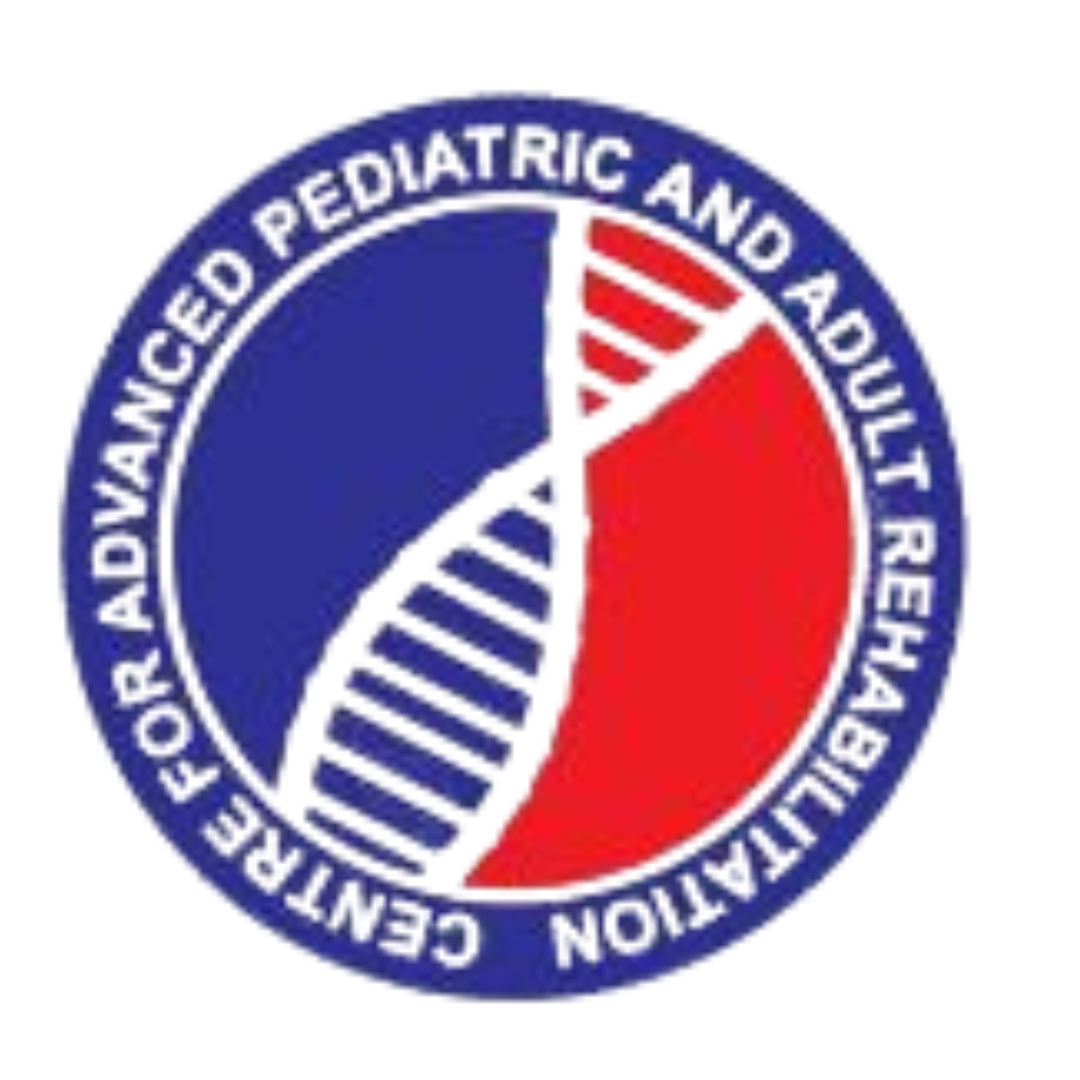Ergonomics
Our administrative and clinical team is second to none. We reiterates the pledge to help all and give hope.
Ergonomics
Ergonomics refers to the study of designing and arranging products, systems, and environments to fit the needs and capabilities of people. In physiotherapy rehabilitation, ergonomics focuses on optimizing the physical environment and work practices to prevent injuries, alleviate pain, and promote overall well-being.

- Work-Related Musculoskeletal Disorders (WRMSDs): Physiotherapy plays a key role in managing and preventing WRMSDs such as repetitive strain injuries, cumulative trauma disorders, and overuse injuries. These conditions often result from poor ergonomic design of workstations, equipment, or tasks.

- Neck Pain and Neck Strain: Ergonomic assessments and interventions can help alleviate neck pain and strain associated with poor workstation setups, prolonged sitting, incorrect monitor placement, or improper use of computer peripherals such as keyboards and mice.

- Back Pain: Physiotherapy focuses on addressing back pain caused by poor ergonomics, including improper lifting techniques, prolonged sitting, incorrect posture, and inadequate support from chairs or work surfaces. Ergonomic adjustments to workstations and education on proper body mechanics are essential for preventing and managing back pain.

- Shoulder Injuries: Physiotherapy rehabilitation targets shoulder injuries resulting from repetitive overhead tasks, poor workstation setups, or improper lifting techniques. Ergonomic modifications to work environments, equipment, and tasks can help reduce strain on the shoulders and promote recovery.

- Wrist and Hand Disorders: Ergonomic assessments and interventions are important for preventing wrist and hand disorders such as carpal tunnel syndrome, tendonitis, and tenosynovitis. Proper workstation design, ergonomic keyboard and mouse positioning, and regular breaks can help alleviate symptoms and prevent injury.

- Eye Strain and Visual Discomfort: Physiotherapy addresses eye strain and visual discomfort caused by prolonged screen time, improper lighting, glare, and poor monitor positioning. Ergonomic adjustments to lighting, monitor height, and screen brightness can help reduce eye strain and improve visual comfort.

- Repetitive Motion Disorders: Physiotherapy interventions focus on preventing and managing repetitive motion disorders caused by repetitive tasks, awkward postures, and forceful exertions. Ergonomic assessments and modifications to work practices can help reduce the risk of these injuries.
About Us
Taking care of a sick child can be a frightening experience, we are extremely proud to have immediate assistance and advice.
- 96327 88173
- Capaarphysio@info.com
- 66, Nobel Residency Road Hobli, Road, near NANDI CITADEL, Begur, Bengaluru, Karnataka 560076
Departments
Pain Management
Rehabilitation
Pediatric Care
Geriatric Care
Women Health
Quick Links
Who Are We
Our Mission
Awards
Experience
Success Story

